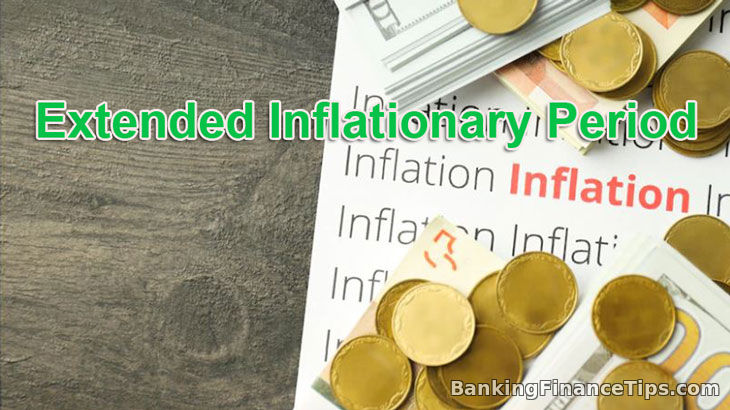
1. Cost of Living: Salaries (and wage growth), prices, etc., as well as how wages are or aren't able to keep up with the increase in costs, are some elements that determine the cost of living. Most people are aware that prices have increased significantly over the last few months, with the biggest increases being seen in food stores, restaurants, and practically everything else linked to daily life, etc.
2. Federal Reserve: Recently, the extended period of near-historically low interest rates has resulted in a real estate sellers' market and a sharp increase in home prices across the majority of this country, in addition to the intended effects (helping businesses and the economy in difficult times). Additionally, it led to an increase in consumer credit use because borrowing seemed more affordable! The majority of economists predict that many of these assistance will progressively be eliminated (or minimized), most likely starting next year. What effect will that have, and will history repeat itself—that is, that when rates rise, it helps to lower inflation, etc.?
3. National economy/conditions: Many companies have encountered difficulties obtaining enough of the necessary resources, etc., primarily due to a global supply chain set of obstacles/challenges! More bare shelves than we have seen in recent memory may be found in almost any store. Additionally, this puts a strain on the products, food, toys, autos, and car components, among other things!
4. Global economies and economic conditions: Almost every country is facing economic difficulties! The United Kingdom has been significantly impacted by both global and regional trends, causes, and circumstances. Since we primarily operate in a global economy, every disruption in the supply chain has an impact on everyone.
5. Stock and Bond Markets: The United States Stock Market has profited tremendously and seen large improvements in stock prices as a result of a number of reasons and events. In addition to the obvious reasons, many investors thought equities were almost the only game in town because interest rates were so cheap. Bond rates will increase when interest rates rise, and current bond prices will adapt and fall.
6. Immediate, short-term, and long-term effects/ramifications: Inflation typically has two direct effects: rising prices and wages, which typically rise at far slower rates. We start to notice declining economic patterns in the intermediate term, and depending on how long it lasts, there are frequently various unfavorable repercussions and impacts!
Don't ignore the hazards associated with inflation! You will be more adequately prepared the more you are aware of and comprehend.